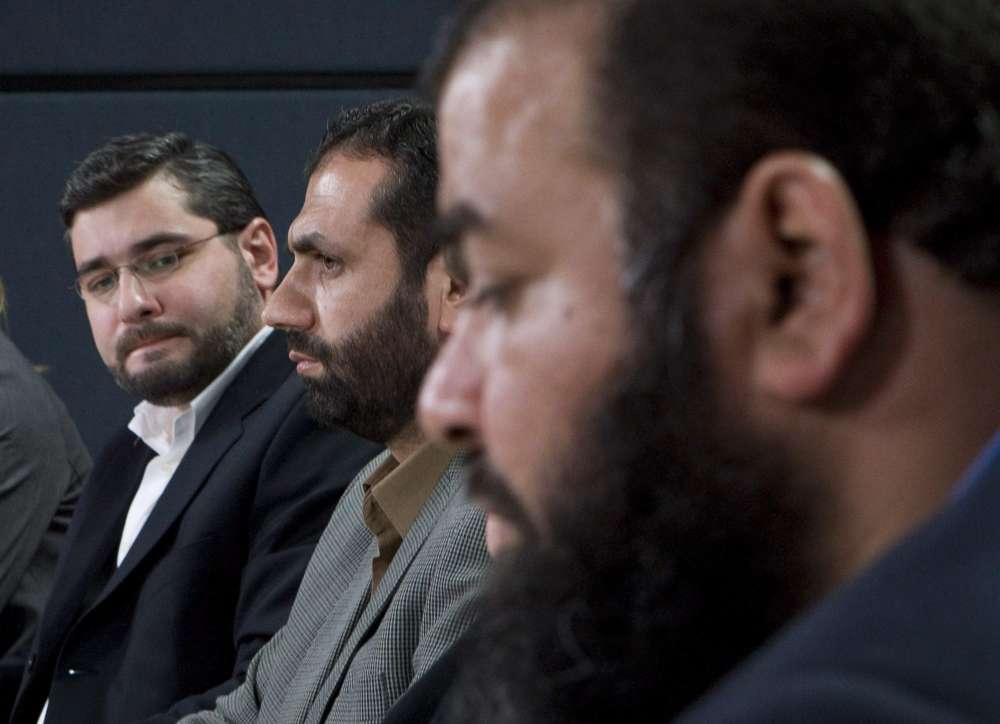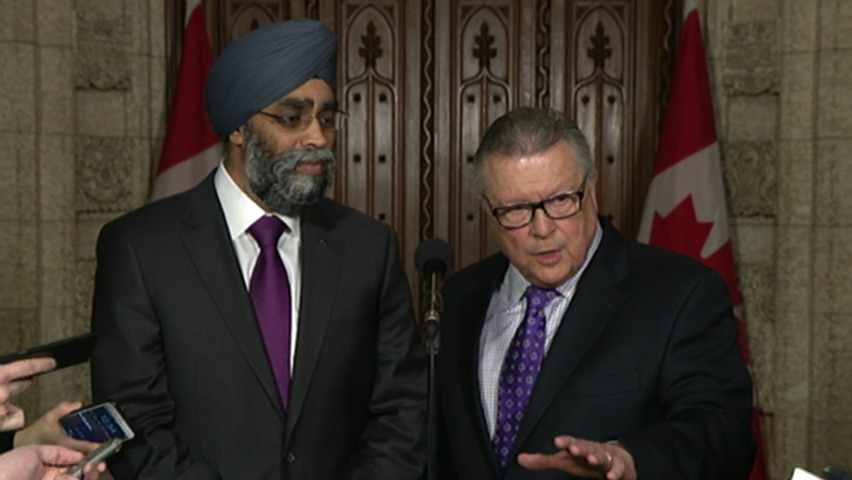 By Monia Mazigh – The Protection of Canada from Terrorists Act (formerly Bill C-44) was introduced in the House of Commons immediately after the Parliament Hill and the Saint-Jean-sur-Richelieu shootings in October 2014. The legislation had been sitting on the government’s shelves and the tragic incidents offered the “strategic timing” for the government to table it in the House. Bill C-44 became law in February 2015 with 174 voting for it and 81 opposing it.
By Monia Mazigh – The Protection of Canada from Terrorists Act (formerly Bill C-44) was introduced in the House of Commons immediately after the Parliament Hill and the Saint-Jean-sur-Richelieu shootings in October 2014. The legislation had been sitting on the government’s shelves and the tragic incidents offered the “strategic timing” for the government to table it in the House. Bill C-44 became law in February 2015 with 174 voting for it and 81 opposing it.
This anti-terrorism legislation introduced three major changes:
- It allowed the Canadian Security Intelligence Services, CSIS, to conduct its operations and functions overseas;
- It provided CSIS informants with “greater protection” such as not having to identify them in court, even to the judge, with the notable exception of when the innocence of the accused is at stake in a criminal trial;
- It allowed Canadian judges to issue warrants for CSIS activities outside Canada even if this would violate foreign laws.
The changes were obviously answers to a wish list formulated by CSIS after it was rebuked in the court system. Indeed, both the Federal court of appeal and the Supreme Court of Canada (in the case of Mohamed Harkat’s security certificate) ruled that, unlike police informants, confidential informants hired by CSIS should not enjoy the same protection of their identity. Instead, the court decided that protection should be determined on a case-by-case basis.
Furthermore, allowing CSIS to operate outside of Canada, even if the operations would violate foreign laws, was also a remedy to a harsh decision rendered by Judge Mosley who criticised the actions of CSIS which at the time obtained help from the Communications Security Establishment to spy on Canadians overseas and “kept the court in the dark about the scope and extent of the foreign collection efforts.”
One crucial aspect of Bill C-44 is that the Conservative government said nothing about it being retroactive.
Therefore, we were shocked to learn last week that the Liberal governement, in its fight against the lawsuit brought by Abdullah Almalki, Ahmad El-Maati and Muayyed Nureddin, decided to continue pushing for C-44 to be considered retroactive so that the greater protection of informants included in the legislation would apply to the years when the detention and torture of the three men occurred. This action is even more puzzling in light of the fact that the Liberals had previously supported a motion in 2009 calling for the three men to receive an apology from the government and be compensated.
Why is the Liberal government now opposing these men’s right to get justice? What happened to the accountability that we have been hearing of in the recent months, specifically in the mandate letter to the Public Safety Minister among others:
- Assist the Leader of the Government in the House of Commons in the creation of a statutory committee of Parliamentarians with special access to classified information to review government departments and agencies with national security responsibilities.
- Work to repeal, in collaboration with the Minister of Justice, the problematic elements of Bill C-51 and introduce new legislation that strengthens accountability with respect to national security and better balances collective security with rights and freedoms.
It would be a great mistake for the Liberal government to fight victims of torture. Extending CSIS already large powers to make them retroactive won’t take us anywhere near accountability.
Sources:
http://www.huffingtonpost.ca/2014/10/27/bill-c-44-csis-spy-watchdog-conservatives_n_6055512.html
http://www.thestar.com/news/canada/2016/02/06/liberals-back-csis-in-torture-lawsuit.html
http://pm.gc.ca/eng/minister-public-safety-and-emergency-preparedness-mandate-letter


